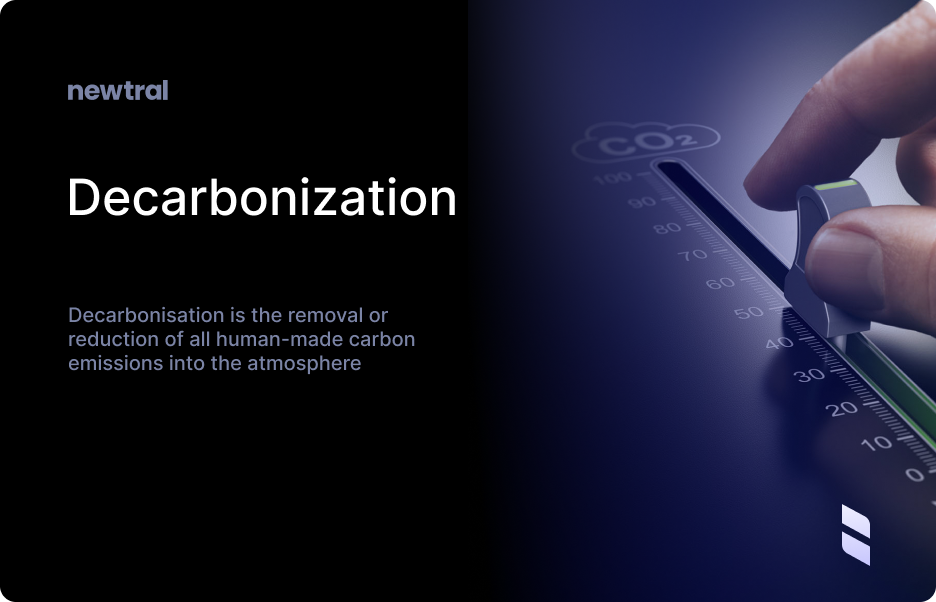Key Regulatory Actions
- European Climate Law: The European Union has committed to carbon neutrality by 2050 and raised the emissions reduction objective for 2030 from 40% to 55%.
- Fit-for-55 Package: The EU is developing a legislative package to review and reform existing energy and climate regulations.
- Next Generation EU Funds: The EU has approved funds to support the recovery and implementation of climate measures
Key Challenges
- Electrification: The integration of renewable energy sources into the grid and the electrification of end uses are critical for efficient decarbonisation.
- Cost and Competitiveness: Decarbonisation requires significant investment and can be costly, especially for sectors where electrification is not competitive.
- Global Cooperation: Decarbonisation efforts require international cooperation and coordination to achieve the ambitious targets set by the Paris Agreement
Key Benefits
- Economic Growth: Decarbonisation can drive economic growth through the development of green technologies and sustainable industries.
- Job Creation: The transition to a low-carbon economy can create new job opportunities in the renewable energy sector.
- Environmental Protection: Decarbonisation helps protect the environment by reducing the concentration of GHGs and mitigating the impacts of climate change



.png)
%20png%20(1).png)